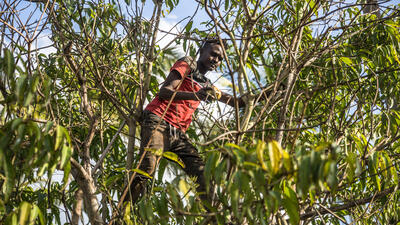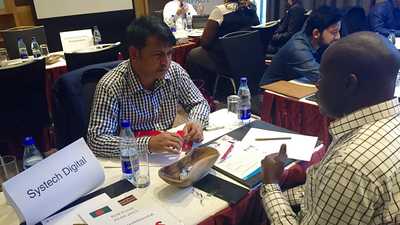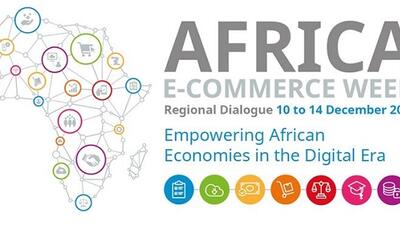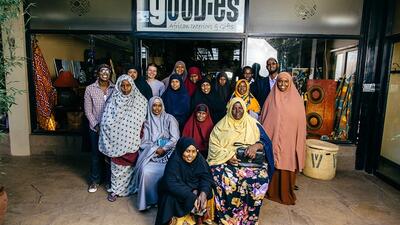Un nouveau manuel de formation pour aider les producteurs de thé à réduire les empreintes carbone(en)
The International Trade Centre (ITC) has released a first-of-its-kind training guide to help tea farmers and factories to lower their emissions and reduce energy costs. The guide was created in partnership with the Ethical Tea Partnership, the Rainforest Alliance and FLO-CERT using a Kenya Tea Development Agency factory as a pilot case.
Climate change is not only having an impact on the quality and quantity of tea produced, but also on the lives of farmers who grow tea for a living. Exporters are also increasingly subject to requirements set by buyers and retailers to measure and reduce carbon emissions.
ITC Executive Director Arancha González said: ‘ITC stands ready to provide targeted support to small and medium-sized enterprises and trade support institutions in the farming communities of Africa and beyond, so that they can maintain their competitiveness in the face of the growing challenges that climate change presents.’
This step-by-step manual gives an overview of climate change in the tea sector; outlines options and instructions for tea-factory managers and farm-extension officers; and provides a framework to calculate the carbon footprint of a factory. The manual was piloted in the Chinga Tea Factory, where statistics have shown that in the past year alone, electricity costs have decreased by 25%.
Learn more about ITC’s work to help Kenyan tea farmers adapt to climate change and watch a video to hear what the farmers have to say.













